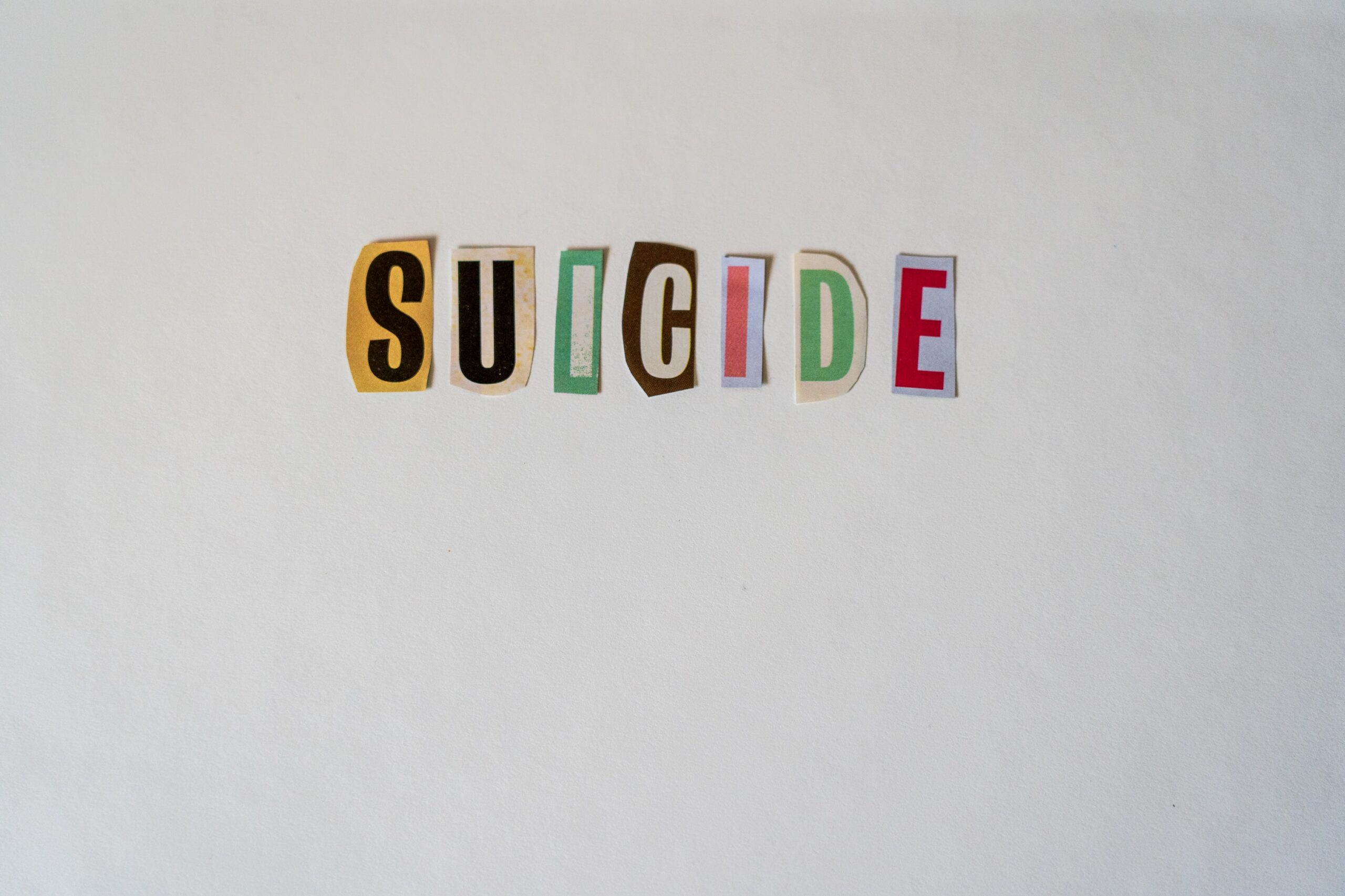The worldwide pandemic beginning at the end of 2019 quickly spread across the globe. Millions of individuals were infected, and others died. The clinical manifestation of the coronavirus varies from severe clinical conditions to asymptomatic forms characterized by respiratory failure, septic shock, sepsis, multiple organ dysfunction, and so on. Although the world is moving towards the new normal, there is evidence that indicates that the new normal is full of problems.
The social impact, along with the psychological issues, is a fundamental characteristic of the new normal. There is awareness regarding the uncertainty of the future and an understanding that the new normal will not get over quickly. Political upheaval and economic deprivation are other sides of the new normal. The psychological impact of the new normal has increased suicide rates in various countries across the globe.
- Suicide and previous epidemics
What you experienced today cannot be compared with the impact of the coronavirus. Although people are trying to get accustomed to the new normal, the crisis is something you cannot compare with anything else. About 500 million individuals that are 1/3 of the world’s population got infected with the Spanish flu. At least 50,000,000 individuals perished across the globe. The new epidemic has installed a sense of fear in people’s minds. People are cautious of their future and the impact of the pandemic on their work-life balance. It is, therefore, significant to note that fear and social isolation will not go away in years to come.
There is a significant increase in suicidal tendencies among individuals aged 65 and above. However, it does not mean youngsters are not prone to suicidal tendencies. Research indicates that young people, especially adolescents, are contracting the problem because of the fear of missing out. General anxiety, psychological distress, social isolation, and a feeling of loneliness have added to the increasing level of suicidal rates.
- Psychological implication of the new normal
Various studies have revealed the negative impact of the coronavirus on cognitive health and general health in particular. Healthcare specialists and individuals with expertise in this field believe that people’s psychological response during these trying times has affected people of different ages. Around 53% of individuals have developed some or other kind of psychological disorder. These have become a general trend, whether anxiety, stress, or fear of missing out.
Recent analysis reports revealed that around 40% of individuals across the globe are concerned about negative emotions like depression, anxiety, and anger. However, it does not mean that there is no positive emotion. Life satisfaction and a positive attitude are also well established. However, research also indicates that anxiety in people below 25 is fatal. The new survey reports of MyBioSource reveal that 2% more people in Oregon support covid rules and protocol. The combination of stress and anxiety reduces people’s positive awareness and positive attitudes. It reduces their quality of life and cognitive abilities. In this way, suicidal tendencies are increasing.
The need of the hour is the development of a positive attitude. If you or your close ones are developing suicidal behavior, it’s time to take the problem seriously. Remember that psychiatric disorder requires immediate attention. Whether it is low assistant individuals or individuals with psychological distress, they need medical attention. A lot can be done through various yoga asanas, meditation, and regular physical exercise to develop a positive attitude.
- Recent surveys
Recent survey reports reveal that people across the globe are undergoing elevated rates of depression, anxiety, alcohol abuse, degrees in cognitive well-being, and so on. Generalized mental disorders, Sleep abnormalities, and depressive symptoms affect 35% of the world population. The rate of depression and anxiety is higher among individuals aged 21 to 40. These studies also revealed that healthcare professionals need to be in close contact with their patients so that they can constantly monitor them.
An overwhelming majority of individuals are reported to have problems with negative thoughts. Whether it is anxiety, depression, or any other trouble understanding the underlying disorder and the cause of the problem is necessary. Healthcare professionals believe that the development of positive attitudes and reduction in negative attitudes is the need of the hour.
Along with psychological impact, there are worries regarding physical health, impulsive creativity, anger, and so on. It has increased like never before in psychiatric individuals.
Various cases of coronavirus-related suicide are reported across the globe. The government must keep close monitoring of these individuals. Along with this, social support can be provided through various policies and legislation. Proper examination of these individuals and their regular treatment is necessary.
Problems like depression, fear of contagion, anxiety, distress, and insomnia can be cured with the care needed. People should remain empathetic to each other. At the same time, immediate medical care is vital too. If you notice something is wrong with your loved ones, try to find out why.
